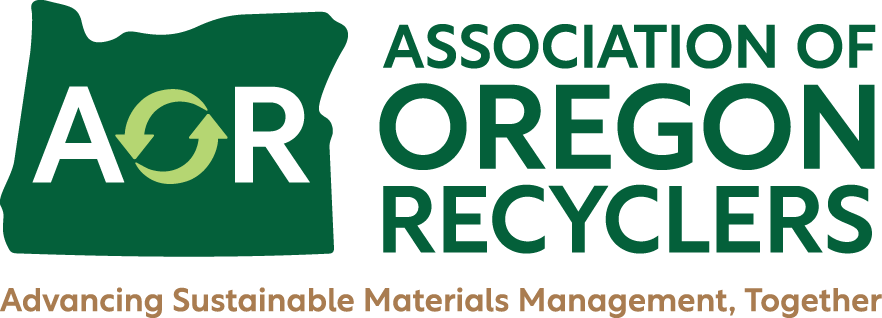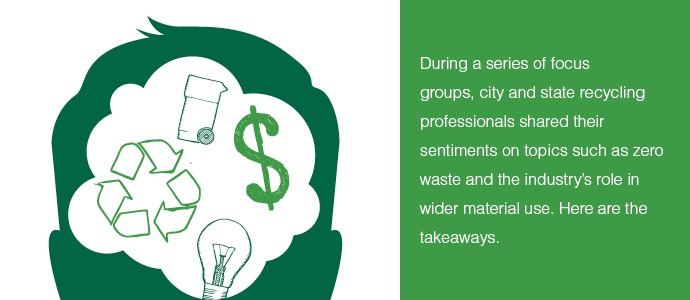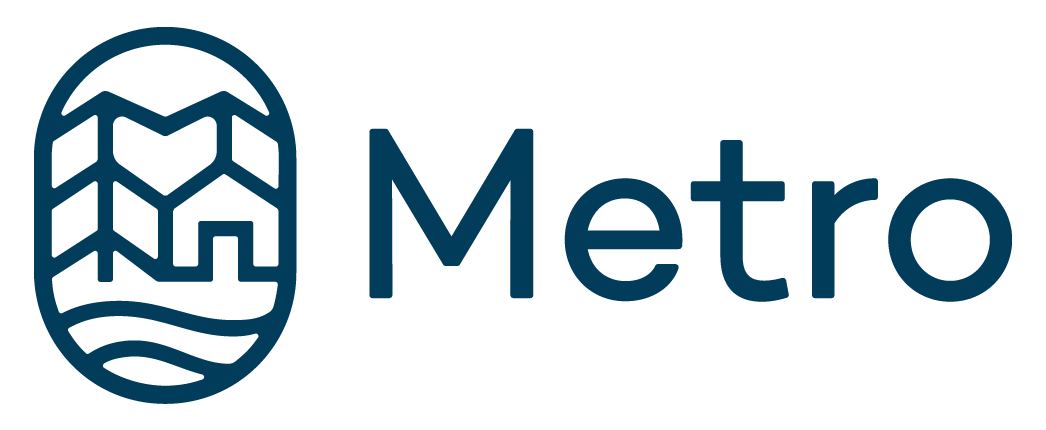Waste Reduction
Waste-Free Advocates and Bold Reuse Collaborate on a Circular Economy for Groceries
Grocery shopping is getting an upgrade in Portland, OR!
Starting in January, 2023, it will be possible to buy and use a product, and then drop it off to be sanitized and refilled for a future customer. Instead of consuming energy by recycling and using raw materials to create new packaging, bottles and jars will simply stay in use.
REPORT: Transformation of Pacific NW waste & recycling by 2040 would bring tens of thousands of jobs and cut pollution
Press Release from the Center for Sustainable Infrastructure
Research Aims to Help National Parks Reduce Amount of Visitor-Produced Waste
Research, performed by the Institute of Outdoor Recreation and Tourism at Utah State University, looked at the waste disposal behaviors of visitors in Yosemite, Grand Teton and Denali national parks. “As we all know, national parks are busy places nowadays. Because of this increased visitor use, parks are trying to deal with more urban-type issues in relatively remote settings. This includes things like traffic, parking, and of course, waste management,” project lead Zach Miller said.
Embrace the sharing economy beyond Earth Day
The sharing economy is flourishing, leading to a stronger sense of community and environmental benefits. It’s a trend that facilitates peer-to-peer exchange of goods and services for everything from bicycles to lodging.
In many ways, our culture values experiences rather than ownership of things. Take the Marie Kondo movement, for example: Self-proclaimed minimalists find bliss in a life without the bookshelf of odds and ends. All over Oregon, community organizations are hearing the call and creating ways to reduce waste and excess by sharing with others.
Corvallis School District to host sustainability summit
Lunch at Garfield Elementary School in Corvallis was unsurprisingly chaotic Friday, with dozens of kids picking up hot lunches, eating and talking.
But in the center of the room was an island of order as a small team of students and an adult volunteer helped kids sort their compostable items and trash into the appropriate bins. The composting program, which was started in 2015, has significantly reduced the amount of trash the school produces during lunch.
Fashion Emergency – The Waste Crisis
The fashion industry has boomed during the past two decades – thanks to the rise of ‘fast fashion’. Fast fashion is defined as inexpensive clothing produced rapidly by mass-market retailers in response to the latest trends. Unfortunately, the very nature of this new business model is unsustainable, as it promotes excessive consumerism and generates huge amounts of waste.
P&G releases refillable packaging
The Procter & Gamble Co. (P&G), headquartered in Cincinnati, used the World Economic Forum Annual Meeting in Davos, Switzerland, to announce a new partnership that further advances P&G’s Ambition 2030 sustainability goals.
Walmart Canada Makes Milestone Commitment to Plastic Waste Reduction
Walmart Canada announces the Walmart Canada Charter on Plastics, a milestone commitment to reduce plastic waste across its operations.
Schools learn how reducing waste can impact more than garbage bill
Over 32,000 used milk cartons were thrown away each year at Silverton Middle School, the equivalent of 25 cubic yards of trash.
At Scotts Mills School, about 477 gallons of milk were poured down the drain each year.
By replacing milk cartons with milk dispensers and washable cups, the schools in the Silverton School District produce a fraction of the trash they once did.
With a $76,000 grant, Marion County will roll out similar waste reduction programs at schools throughout the county over the next two years



